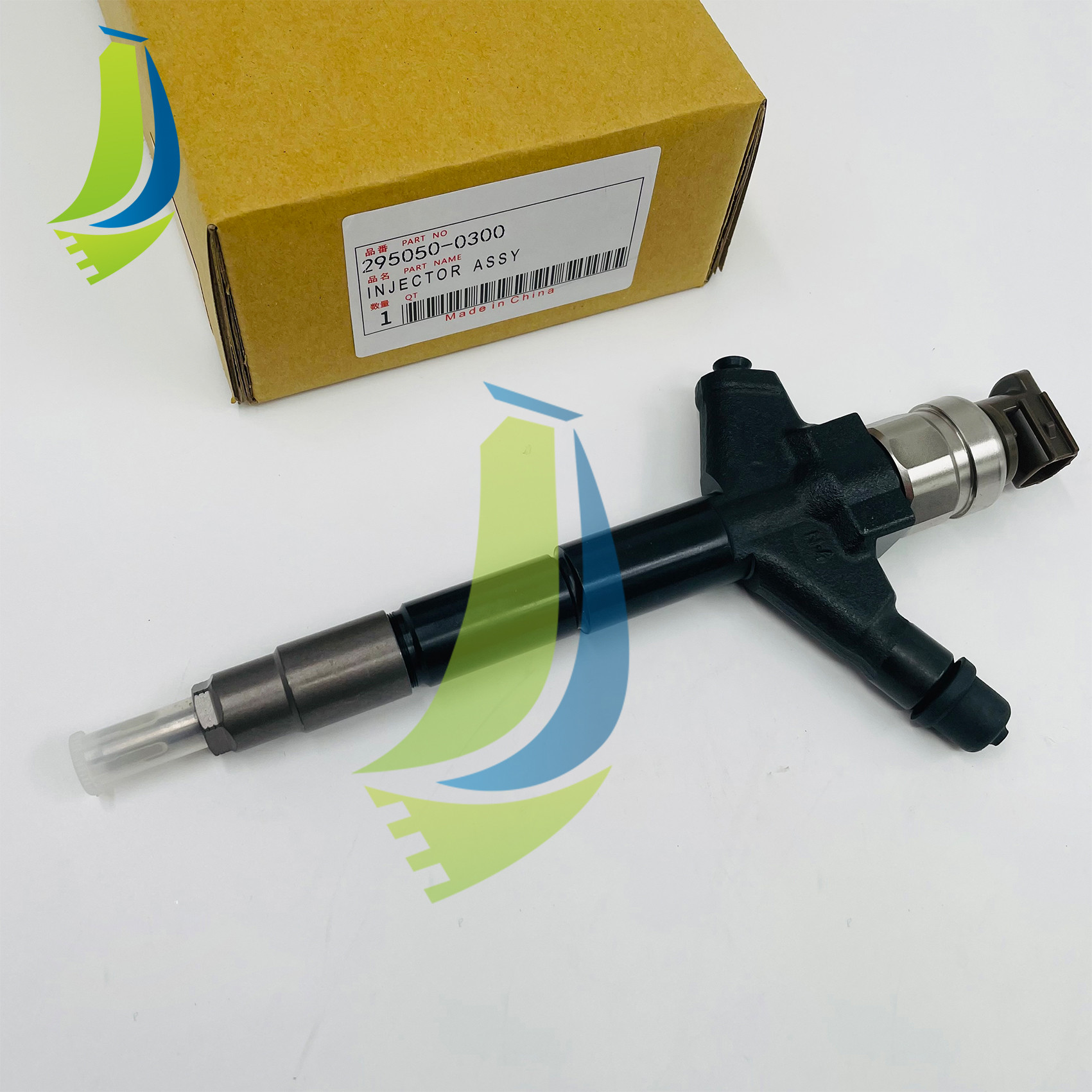Predictive Maintenance for Power Plant Gas Engines: Reducing Downtime

As a content writer in the power plant gas engine industry, I understand that our readers are always looking for ways to optimize their operations and minimize downtime. Predictive maintenance plays a crucial role in achieving this goal. In this article, we'll explore the concept of predictive maintenance, its benefits, how it works, and why it's essential for power plant gas engines.
1. What is Predictive Maintenance?

Predictive maintenance is a proactive approach to equipment management that uses data analysis and monitoring to predict when maintenance is needed, rather than waiting for breakdowns to occur. By leveraging advanced technologies like sensors, IoT devices, and machine learning algorithms, we can anticipate issues before they become significant problems, saving both time and money.
2. Why It Matters for Power Plant Gas Engines
Power plant gas engines are critical components that drive the energy production process. Downtime can lead to lost revenue, increased fuel consumption, and environmental impact. Predictive maintenance helps prevent unplanned stops by identifying potential faults early, allowing engineers to schedule maintenance during non-operational hours or during planned shutdowns.
3. Benefits of Predictive Maintenance for Gas Engines:
- Reduced Downtime: By addressing issues before they cause failures, predictive maintenance minimizes unplanned downtime, ensuring a more consistent power output.
- Lower Maintenance Costs: By targeting repairs when necessary, predictive maintenance avoids unnecessary and costly emergency fixes.
- Improved Equipment Life: Regular maintenance extends the lifespan of gas engines, reducing the need for frequent replacements.
- Enhanced Safety: Preventative measures reduce the risk of accidents and hazardous situations caused by faulty equipment.
- gas engine spare parts supplier : Minimized downtime leads to less fuel waste and emissions, contributing to a greener operation.
4. How Predictive Maintenance Works:
- Data Collection: Sensors installed on the gas engines gather real-time data on performance, vibration, temperature, and other key indicators.
- Data Analysis: This data is processed using machine learning algorithms that identify patterns and anomalies that could indicate potential problems.
- Early Warning Indicators: Alarms or notifications are sent to maintenance teams when a specific threshold is reached, signaling the need for attention.
- Preventative Measures: Engineers can then plan maintenance activities, such as inspections, repairs, or part replacements, to keep the engine running smoothly.
5. Implementing Predictive Maintenance in Your Power Plant:
- Collaborate with Experts: Partner with experienced service providers who specialize in gas engine maintenance and have the technology to support predictive analytics.
- Training Your Team: Educate your maintenance staff on the importance of predictive maintenance and how to interpret the data effectively.
- Continuous Improvement: Regularly review and update your maintenance strategies based on the insights provided by predictive analytics.
In conclusion, predictive maintenance is a game-changer for power plant gas engines. By embracing this proactive approach, you can significantly reduce downtime, improve efficiency, and ensure a more reliable energy supply. Start integrating predictive maintenance into your operations today and experience the benefits for yourself.
